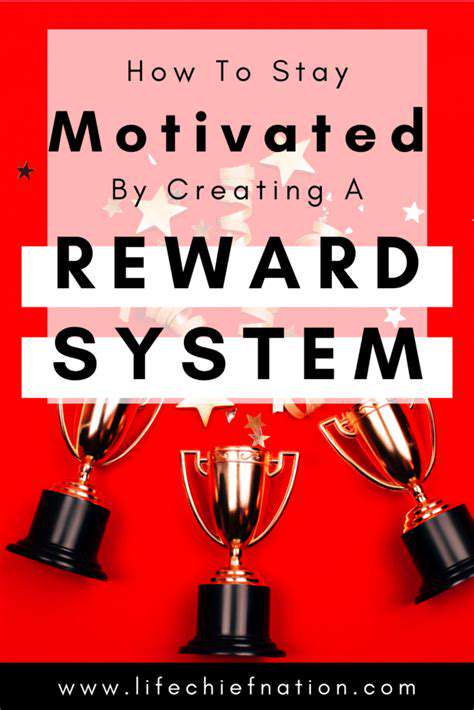Best Habits for Financial Health and Reduced Stress
Now, about those expenses - they can be sneaky! From fixed costs like rent to variable spending on entertainment, tracking where your money disappears each month reveals surprising opportunities to save. Pro tip: try categorizing expenses for a month - you'll likely find at least one area where small adjustments make a big difference.
Setting Financial Goals That Actually Work
Here's the truth: vague goals lead to vague results. Instead of save more money, try save $200 monthly for vacation. Concrete targets create accountability. I've seen clients transform their finances simply by making their goals specific and measurable.
Balance is key - mix short-term wins (like saving for new tires) with long-term vision (retirement planning). This dual approach keeps motivation high while building real wealth over time. Remember, financial security isn't built overnight, but through consistent, intentional steps.
Crafting a Budget That Fits Your Life
Forget rigid, one-size-fits-all budgets. The most effective plans adapt to your unique circumstances. Start by allocating funds to essentials, then prioritize remaining dollars based on your goals. This flexible approach prevents budget burnout while still guiding financial decisions.
Technology can help, but don't overcomplicate it. Whether you prefer apps or pen-and-paper, the method matters less than the consistency. The real power comes from regularly reviewing your numbers - that's when meaningful insights emerge.
The Art of Financial Check-Ins
Think of your budget as a living document. Monthly reviews help spot trends - maybe dining out crept up, or that subscription you never use is still billing. These regular audits create opportunities to course-correct before small leaks become financial floods.
Here's what works: schedule a recurring money date with yourself. Over coffee, compare actual spending to your plan. Celebrate wins, analyze overspending, and adjust as needed. This simple habit builds financial awareness that compounds over time.
When Life Happens: Budget Adjustments
No budget survives first contact with reality unchanged. That's normal! The mark of financial maturity isn't sticking rigidly to a plan, but adapting wisely when circumstances shift. Got a raise? Maybe boost retirement contributions. Unexpected medical bill? Temporarily reduce discretionary spending.
The most successful budgeters I know treat their plans as guidelines, not straightjackets. They understand that financial health means responding to change without derailing progress. This balanced approach creates sustainable money habits that last.
Saving for the Future: Building Your Financial Fortress
Mapping Your Financial Landscape
Before saving, we need context. What are you actually saving for? A comfortable retirement? Your child's education? That dream vacation? Understanding your priorities transforms saving from abstract to actionable. Take time to visualize your financial future - it makes the sacrifices worthwhile.
The Budget Blueprint
Effective saving starts with intentional spending. By creating clear spending boundaries, you automatically create saving opportunities. I recommend the 50/30/20 rule as a starting point: 50% needs, 30% wants, 20% savings/debt repayment. Adjust these ratios to fit your situation, but the framework provides helpful guardrails.
Goal Setting That Works
Break big dreams into bite-sized pieces. Want to save $12,000? That's $1,000 monthly or $250 weekly. Smaller milestones create momentum while making progress visible. Celebrate each milestone - financial discipline deserves recognition!
Smart Savings Vehicles
Not all savings accounts are created equal. High-yield options can earn 10x more than traditional accounts. For longer-term goals, consider CDs or money market accounts. The key? Match the account type to your timeline and risk tolerance.
Consistency Meets Flexibility
Automate savings when possible - out of sight, out of mind works wonders. But when emergencies strike (and they will), adjust without guilt. The savers who succeed long-term are those who persist through life's ups and downs, not those who never face challenges.
Smart Spending Habits: Making Every Dollar Count
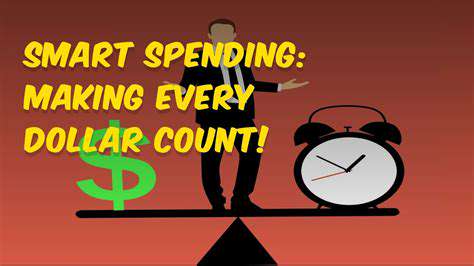
The Budget Mindset
Budgeting isn't restriction - it's empowerment. When you consciously direct your money, you gain control over your financial future. The most financially free people I know aren't the highest earners, but the most intentional spenders.
Try this experiment: track every expense for two weeks without judgment. The awareness alone often sparks natural spending improvements. You'll likely find several easy wins - small changes with big cumulative impact.
Needs vs. Wants: The Eternal Balance
Here's a practical filter: before purchasing, ask Does this move me toward my goals or away from them? Not every want must be denied, but conscious choices prevent financial regret. Pro tip: implement a 24-hour waiting period for non-essential purchases over $100.
The Power of Paying Yourself First
Treat savings like a non-negotiable bill. Automate transfers to savings immediately after payday. Start small if needed - even $20 weekly adds up to over $1,000 yearly. As income grows, increase these amounts proportionally.
Spending Audits: Your Financial Mirror
Quarterly spending reviews reveal surprising insights. That $5 daily coffee? $1,825 annually. The unused gym membership? Hundreds wasted. Regular audits help align spending with values, creating natural motivation to optimize.
Strategic Spending
Timing purchases strategically can yield significant savings. Need appliances? Shop during holiday sales. Planning vacations? Off-season travel offers better deals. A little planning stretches dollars further without sacrificing quality of life.
Financial Literacy and Continuous Learning: Mastering Your Money
Your Financial Snapshot
Financial clarity begins with honest assessment. List all assets and liabilities. Calculate your net worth. This baseline measurement allows you to track progress over time. Don't be discouraged by the numbers - everyone starts somewhere.
Budgeting as a Tool, Not a Task
The most effective budgets serve your life, not the other way around. They account for both responsibilities and joys. Include categories for entertainment and personal growth - deprivation budgets rarely last. Balance creates sustainability.
Investing Fundamentals
Start investing early, even with small amounts. Compound growth works magic over time. Diversify across asset classes to manage risk. And remember - the best investment strategy is the one you'll stick with through market fluctuations.
The Learning Curve
Financial markets evolve constantly. Dedicate time monthly to financial education - podcasts during commutes, articles with morning coffee. Small, consistent learning compounds into significant knowledge over time.
Debt Management Strategies
Not all debt is equal. Mortgage debt often makes sense; high-interest credit card debt rarely does. Focus first on eliminating debts with interest rates above 7-8%. As you reduce debt, redirect those payments to savings for a double win.
![Best Meditation Apps for Beginners [2025 Review]](/static/images/26/2025-05/Top3MeditationAppsforBeginnersin2025.jpg)
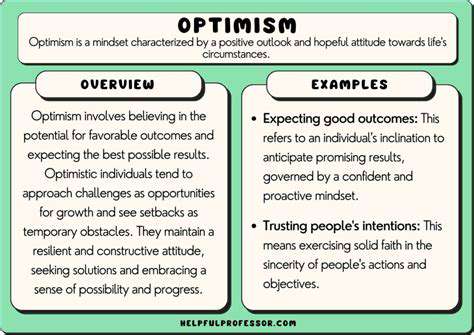




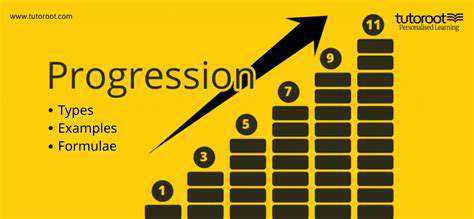
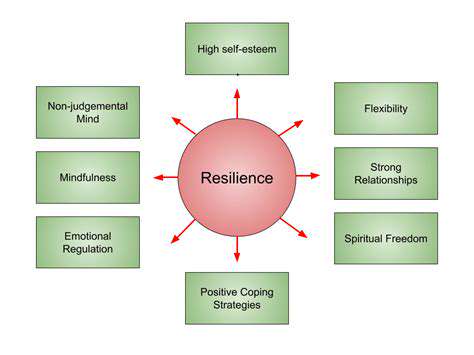
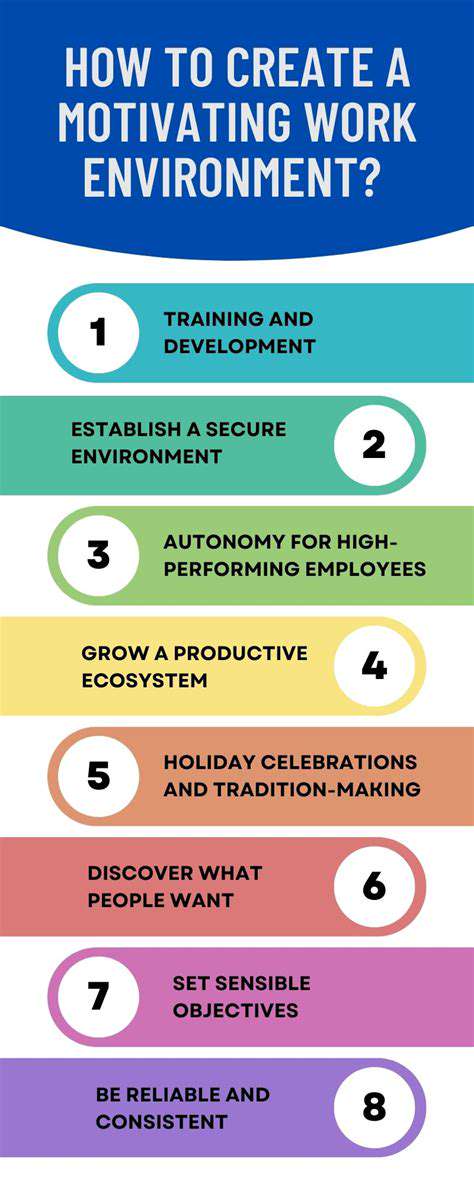

![How to Start Lifting Weights at the Gym [Beginner Guide]](/static/images/26/2025-05/SettingRealisticGoalsandExpectations.jpg)
